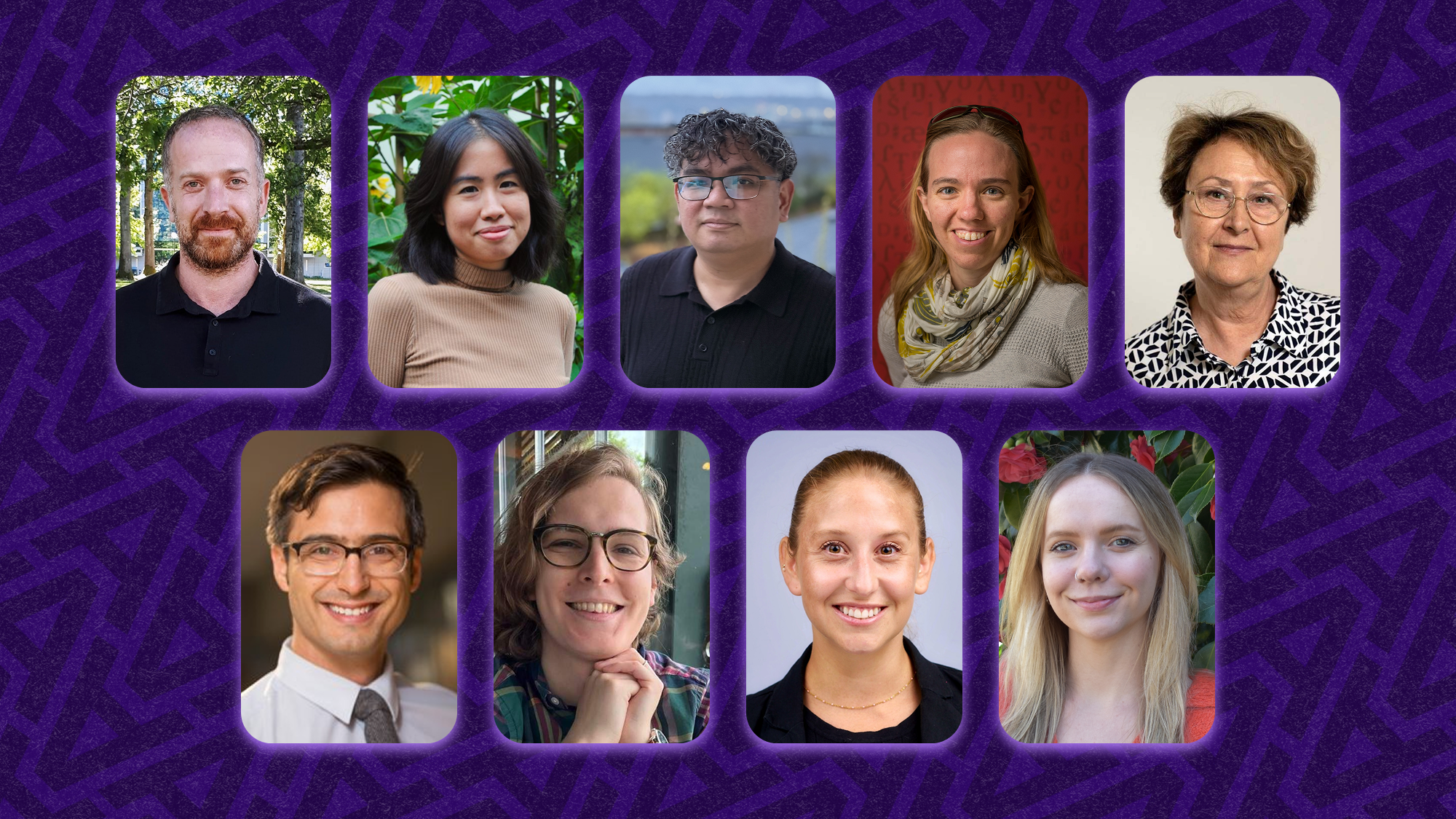

By Meghan Roberts
Undergraduate student Dax Sorrenti explores international perception of David Cronenberg’s film Eastern Promises
Sorrenti, a film studies major, is using the popular movie to gauge international opinion of Canadian film. For his research, he studied reviews to see if they mentioned any Canadian elements.
“It’s a study of contemporary Canadian cinema and how it’s being received outside Canada,” Film Studies Professor Ernest Mathijs, the instigator of the projector, explained.
“Eastern Promises is the first one we’re looking at. We’ve already started to look at Juno, which has a lot of Canadian input, as a mirror example.”
Both Sorrenti and Mathijs have noticed that the “Canadianness” of a film tends to be overlooked in movies that do not fit a certain genre.
“A lot of reviews find it important to mention a film is from Hollywood,” Mathijs explained, “but they don’t find it important to mention it’s Canadian unless it fits a certain aesthetic; like an American film but more weird.”
“One thing that’s glaringly obvious is that the Canadianness gets brushed under the rug,” Sorrenti agreed, “Cronenberg mentions the invisible Canada. Canada is this invisible film industry that’s out there and the films are doing well, but they’re muddled with the Hollywood system.”
Sorrenti got involved in the project after his performance in Mathijs’ film theory class.
“He stood out,” Mathijs said, “He knows the film industry and how to get his hands on to proper sources.”
Mathijs explained that he has always found working with undergraduate students very rewarding. “As you get older they give you a fresher perspective,” he laughed.
Sorrenti was also given the opportunity to present his research at the 2008 Congress of the Humanities and Social Sciences, hosted at UBC this June.
“Everyone was really friendly and had mutual respect,” Sorrenti said, “It was definitely cool to do before I graduated.”
The research was presented as part of a panel on which Sorrenti was the only undergraduate. An open discussion was held following the presentations.
“It was fun, less intimidating then presenting to a class,” Sorrenti said of speaking to a room full of academics. “People are there because they want to hear what you have to say; when you’re presenting in class people have to be there.”
Being able to conduct and present research has proved valuable for Sorrenti. “When you’re doing stuff for class the amount of research is tiny,” he said, “This project gave me a chance to use what I learned in school and bring it up a notch.”
“The best parts were being able to work one on one with a professor and learning the process of researching and presenting. Even if you’re not into research it gives you good skills!”


